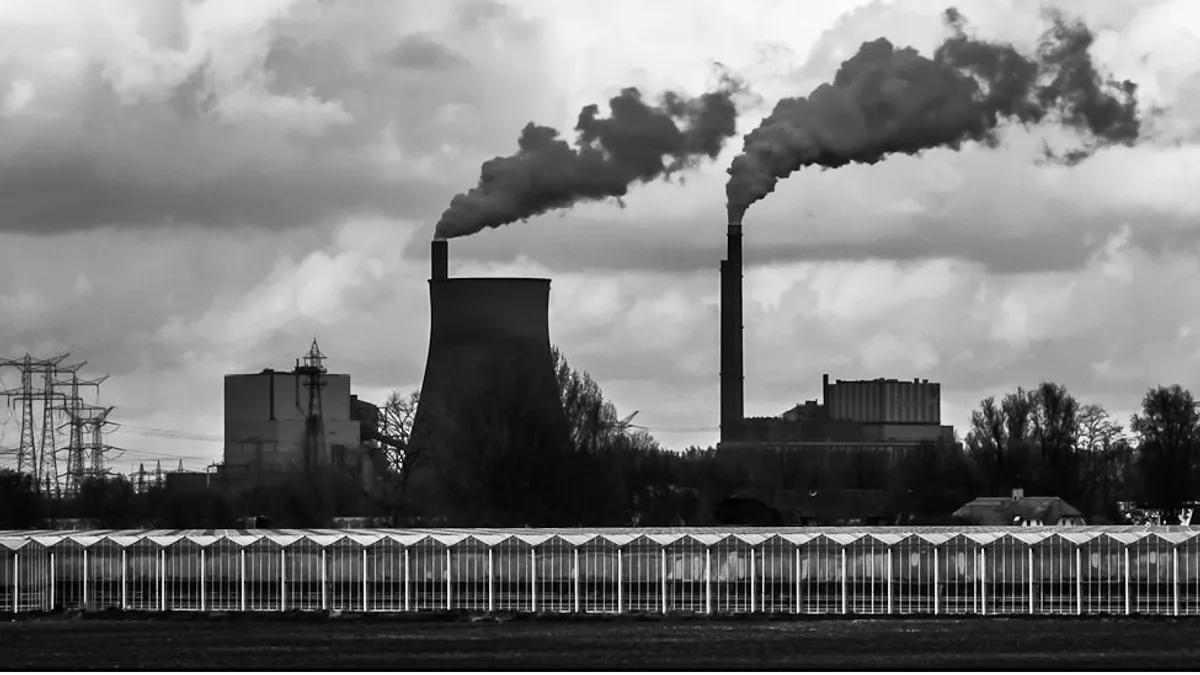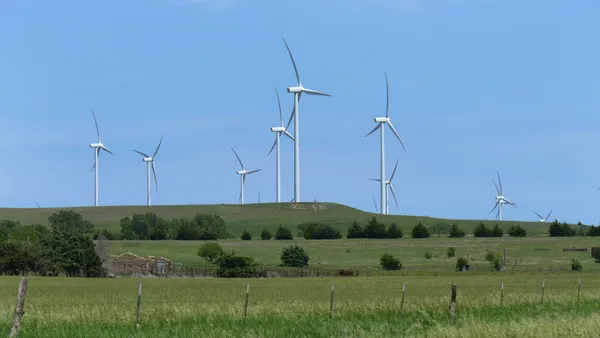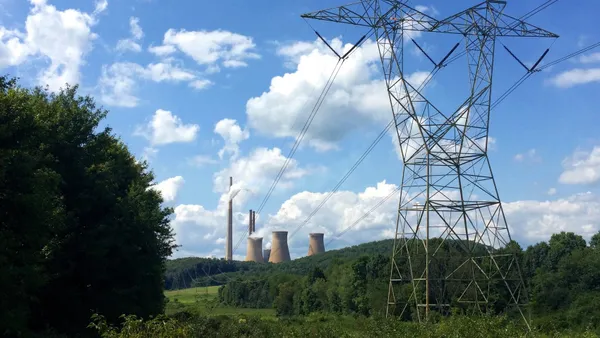Dive Brief:
- Exelon has filed a proposal to New York's Public Service Commission for a power purchase agreement with a New York utility to keep its R.E. Ginna nuclear plant, which provides up to 581 MW of electricity to New York, running for four more years.
- The plant's last agreement, with Rochester Gas & Electric Corp, ran out at the end of June of this year. The ten-year contract was not renewed.
- Since 2011, the plant has lost more than $100 million, mainly to operating costs and poor performance in the state's wholesale power markets. Currently the plant is entirely dependent on wholesale market performance.
Dive Insight:
R.E. Ginna does not suffer from the same issues some other plants do: It has license to keep running until 2029, which means it has yet to age out of operation. Further, the New York Independent System Operator has calculated that the plant needs to stay open and running for at least three years, until October 2018. Planned construction of new transmission lines and a new substation in the Rochester area of the state should be completed by then, which will guarantee a reliable supply of electricity to the region.
If the plant closes, the state could have another problem. New York belongs to the Northeast Greenhouse Gas Market, which follows a cap-and-trade protocol allowing states to pay to buy and sell each others' carbon emissions in order to bring them down overall. If the plant closes, then prices of carbon emissions from New York will rise as more carbon, produced from natural gas generation that would need to replace the plant's output, will be emitted. That could have a knock-on effect for rate payers.
In Illinois, three of Exelon's six nuclear plants are in danger of closing for much the same reasons as R.E. Ginna: A lack of money to keep operating. However, last week Exelon said it had "no plans" to close the plants any time soon, seeing the Environmental Protection Agency's plans to reduce carbon emissions as a possible advantage.













